
Bernhard Schlink created a noble and compelling illumination of one aspect of the horrific, barely imaginable realities of the second great war: the mindset of the good people of Germany who allowed Hitler and the Nazis to take power and do their evil, and the confusion of younger Germans who came of age afterward.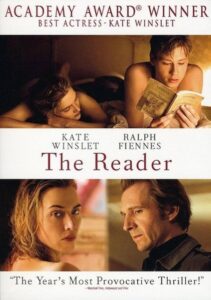
In The Reader (2008, rated R, 124 minutes) we have an abbreviated biography of Hanna Schmitz (Kate Winslet). She is a personification of pathos: fiercely self-sufficient, but a puppet of the Nazi regime. She passionately savors literature, but she is illiterate. She is instinctively kind and generous, but she admits without remorse that, as a naive SS concentration camp guard, she allowed several hundred women to burn to death in a church.
Michael Berg (David Kross), an unworldly teenager, is the reader. Hanna entices him, and he reads good books to her. He is seared, tainted, and transformed by his consuming affair with her. At Hanna’s war crimes trial, Michael explores the ineffable mystery of who should share guilt for the war horrors: “…that some few would be convicted and punished while we of the second generation were silenced by revulsion, shame, and guilt—was that all there was to it now?”
A mature Michael (Ralph Fiennes) reflects on his irresolvable dilemma: “When I tried to understand [Hanna’s crime], I had the feeling I was failing to condemn it as it must be condemned. When I condemned it as it must be condemned, there was no room for understanding.”
Finally, he learns that his effort was too self-protective, too little, too late to do the right thing.
This movie is based on Der Vorleser (The Reader) written in German in 1995 by Bernhard Schlink.
Stream and watch The Reader through Kanopy
Download and watch The Reader through Hoopla
Request the movie The Reader on DVD
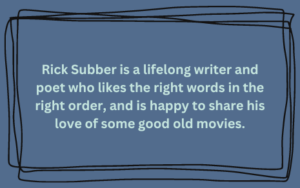
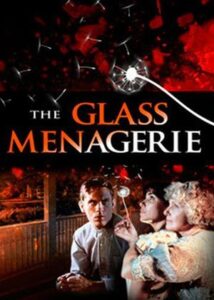 The ironic miscarriage of the only good deed in The Glass Menagerie almost overshadows the fiercely unremitting sadness of the lives of the Wingfields: Amanda, the mother (Woodward); Laura, the daughter (Karen Allen), and Tom, the son (Malkovich).
The ironic miscarriage of the only good deed in The Glass Menagerie almost overshadows the fiercely unremitting sadness of the lives of the Wingfields: Amanda, the mother (Woodward); Laura, the daughter (Karen Allen), and Tom, the son (Malkovich).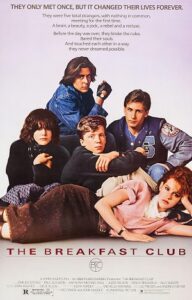
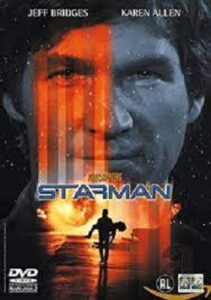 show how hard it is to learn the English language after you crawl out of the spaceship. Several characters rise to the challenge of answering the obvious question: how do we deal with a being from another planet who visits Earth with no obvious threatening intent?
show how hard it is to learn the English language after you crawl out of the spaceship. Several characters rise to the challenge of answering the obvious question: how do we deal with a being from another planet who visits Earth with no obvious threatening intent?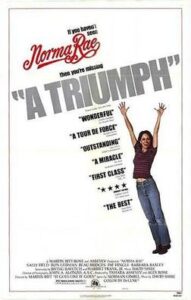
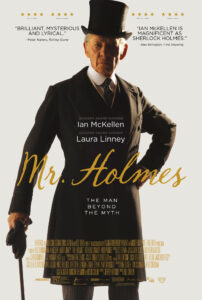
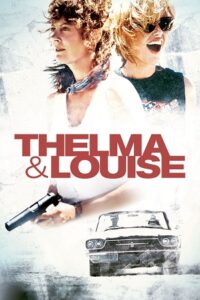
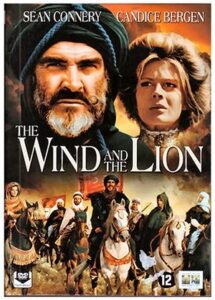
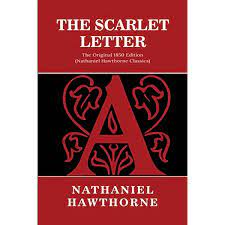 In 1934 (rated G, 69 minutes) Colleen Moore played Hester Prynne and Hardie Albright played Rev. Arthur Dimmesdale in the tale about Puritan condemnation of adultery and children born out of wedlock. Hester is sentenced to wear an embroidered scarlet letter “A” on her bosom, and Dimmesdale endlessly rationalizes his decision to conceal his role as the mysterious father of little Pearl. The movie reflects the production limitations and typical dramatic direction in the 1930s—there’s a lot of staring into the camera, and crowded action scenes.
In 1934 (rated G, 69 minutes) Colleen Moore played Hester Prynne and Hardie Albright played Rev. Arthur Dimmesdale in the tale about Puritan condemnation of adultery and children born out of wedlock. Hester is sentenced to wear an embroidered scarlet letter “A” on her bosom, and Dimmesdale endlessly rationalizes his decision to conceal his role as the mysterious father of little Pearl. The movie reflects the production limitations and typical dramatic direction in the 1930s—there’s a lot of staring into the camera, and crowded action scenes.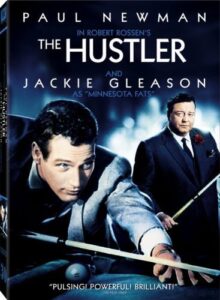 Paul Newman as “Fast Eddie” Felson, the “hustler” who finally wins the big game for big stakes, is, of course, iconic. His character is repetitive and becomes predictable: “I can beat him” isn’t a line of script, it’s a refrain.
Paul Newman as “Fast Eddie” Felson, the “hustler” who finally wins the big game for big stakes, is, of course, iconic. His character is repetitive and becomes predictable: “I can beat him” isn’t a line of script, it’s a refrain.

